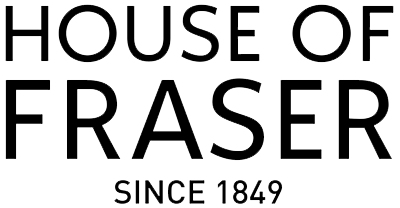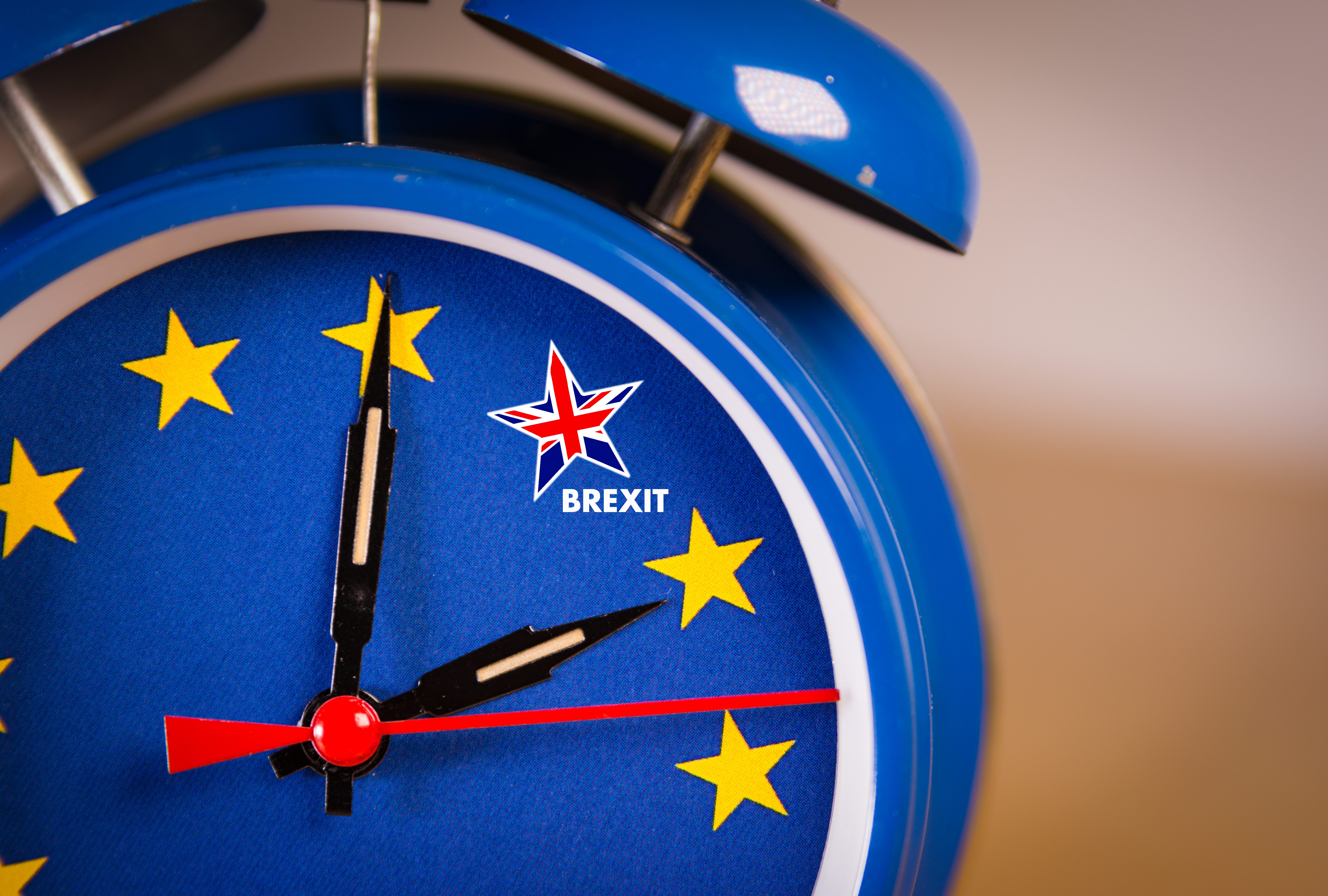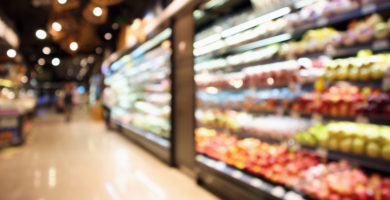After more than two years of political uncertainty, it’s fair to say that the UK is still no closer to agreeing what form Brexit will take. But one thing is widely accepted, the cost of living is set to rise outside the EU, and the value of Sterling is unlikely to make up for recent losses.
This economic double whammy means that shoppers will be even more price-sensitive if/when the UK finally waves goodbye to the EU. In this atmosphere of economic uncertainty, retailers and consumers alike are likely to increasingly focus their attention on the growing number of high-quality own-label product ranges as a cheaper alternative to their big brand rivals.
Superdrug is just one of the retailers that stands to benefit from this trend post-Brexit, having already carved out a niche for its own-brand beauty products. The high-street health and beauty chain has 43 own-brand beauty collections with each product featuring Superdrug’s star logo and a ‘100% happiness money-back guarantee’ promise, which offers customers 25% off their next own-brand purchase.
Superdrug has also invested heavily in its affordable cruelty-free beauty product range. All of the products in the range feature the leaping rabbit symbol to show they are accredited to Cruelty Free International. The chain has also recently launched its own fully vegan cosmetics collection.
So, what is it that motivates retailers to invest so much in own-brand? The attraction is that retailers, like Superdrug, can cut out the middle man, and take full control of a wide range of factors that can help reduce costs, increase margins and boost sales conversions. These factors include product development, sourcing, warehousing, merchandising and marketing. For example, own brands seldom invest in expensive TV advertising nor do they sponsor big-ticket events or use celebrity endorsement. It also means that, in many instances, retailers can sell a product that’s better value, but with the same profit margin. A high-quality own-brand product that keeps shoppers coming back for more also automatically increases dependency on the retailer, because shoppers simply can’t buy that product elsewhere. Own-label also ensures the retailer’s brand stays with the consumer once they leave the store, boosting brand awareness, loyalty and advocacy.
Evans Cycles has also cottoned on to the beauty of own-brand. It’s has carved a niche for its in-house range of Pinnacle bicycles which sell at an entry to mid-level price point with styling that is deliberately simple, and both age and gender neutral so the range appeals to the widest audience possible. Close control of its supply chain and product development means that Evans can remain agile and responsive to the latest UK cycling trends. Outdoor leisure retailer Go Outdoor is another retailer known for its high-quality own-brand offering, winning big at the Retail Week Awards 2017 for its range of affordable tents, sleeping bags, clothes and accessories, while its own-label bike offering also won similar plaudits in 2018.
Perhaps the best example of own-brand prowess goes to Co-op, which is well known for its own-brand food range which is also sold through third-party retailers. The supermarket chain won headlines and raised eyebrows in November 2018 when Which? judged its champagne superior to Moët, despite being almost half the price.
Whether champagne corks will be popping when/if the UK finally leaves the EU remains to be seen. But one thing is certain, retailers with well-established own-brand product ranges will continue to fizz despite the increased economic pressures.
Comment from Alan Giles, Associate Fellow, Saïd Business School, University of Oxford and judge at the annual Retail Week Awards



















